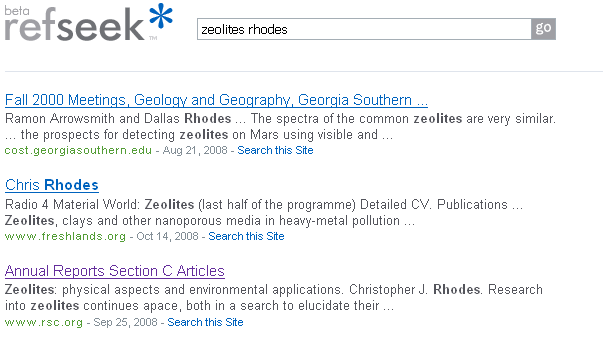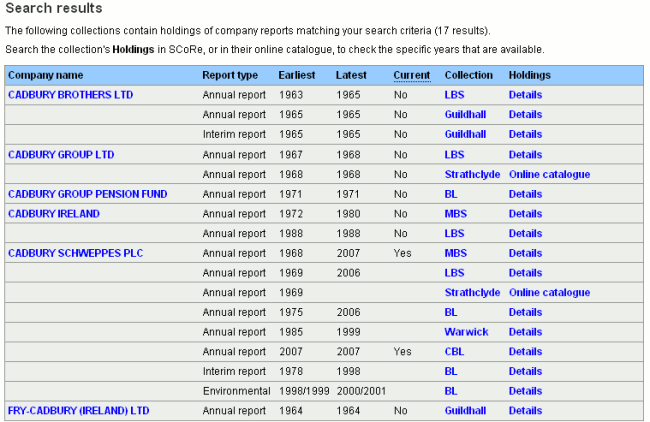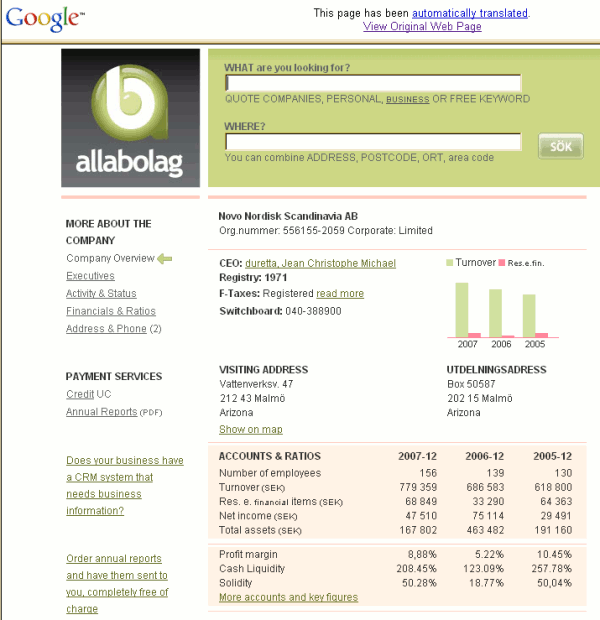With all the hype and fuss surrounding the newer Web 2.0 stuff one ‘old’ technology seems to have been forgotten, or has not even been noticed, by many people as a valuable collaborative tool. Email discussion lists have been around for years and are still one of the best ways of tapping into expert knowledge. (I refuse to use the Web 2.0 phrase “wisdom of crowds” as crowds – or should that be mobs? – are rarely wise).
Email discussion lists can be subject specific e.g. BUSLIB-L for business information, profession specific e.g. LIS-LAW for information professionals working in the legal sector, or activity related e.g. UKeiG Intranets for anyone involved in … er… Intranets.
My own interest is business information and the two lists that I read religiously every day are AIIP (The Association of Independent Information Professionals) and BUSLIB-L -the Business Librarians list. The former is only available to members of AIIP but the latter is open to all. For those of you unfamiliar with email discussion lists this is how they work:
1. You sign up to a list with your email address. The procedure used to involve arcane commands that had to be sent via email to a long winded address. Woe betide the person who inserted an extra space, missed a comma, or added extraneous text to the end of the message such as a signature. Nowadays, nearly all lists offer simple web based sign-ups.
2. You should then receive an email back form the list asking you to confirm. This is to stop people signing up on your behalf and an attempt to block spammers. Click on the link provided or reply to the message and you are in!
3. All correspondence is conducted via email. When you post a query or a comment it goes to everyone else on the list, and you receive everything that everyone else sends to the list. If you feel overwhelmed by the number of individual messages hitting your mailbox, some lists have a daily or weekly digest to which you can subscribe.
Most lists have searchable archives so, before posting your query, investigate those first to see if your question has already been raised and answered.
JISCmail hosts a wide range of lists and although it has an academic and research bias, it is open to commercial subscribers and worth investigating if you are new to email lists. Usually, though, good discussion lists are discovered by chance or recommendation.
For those of you who. like me, are interested in business information BUSLIB-L is a must-have. It is a US based list with a North American bias but there are plenty of European researchers as well. Many well known business information specialists are members and willingly share their expertise. Post a problem and within an hour or two someone will have posted a response. It might be along the lines of “I don’t think this can be easily answered – you will probably have to pay significant dosh for bespoke market research” or “Have you tried these free resources……”.
Even if you do not have a question yourself, it is worth following the list just to keep up to date with new search techniques, resources, and alternative approaches to locating information. Towards the end of a recent thread on ethics Barabara Quint, editor of Searcher Magazine, reminded us that she used to write editorials on the role of information professionals using the acronym R-A-T-S, Rigorously Aggressive Trained Searchers. “We get the cheese without getting caught in the traps”. Perhaps that should be BUSLIB-L’s motto? Or maybe the start of new professional body – only RODENTS need apply. (Suggestions as to what R-O-D-E-N-T-S could stand for in the comments section please).




